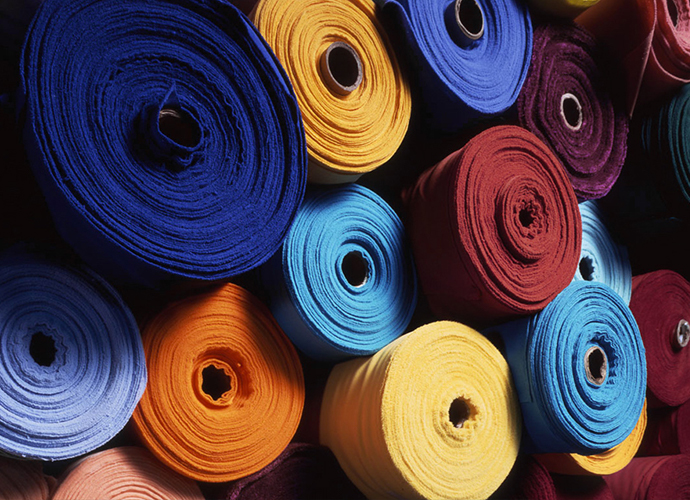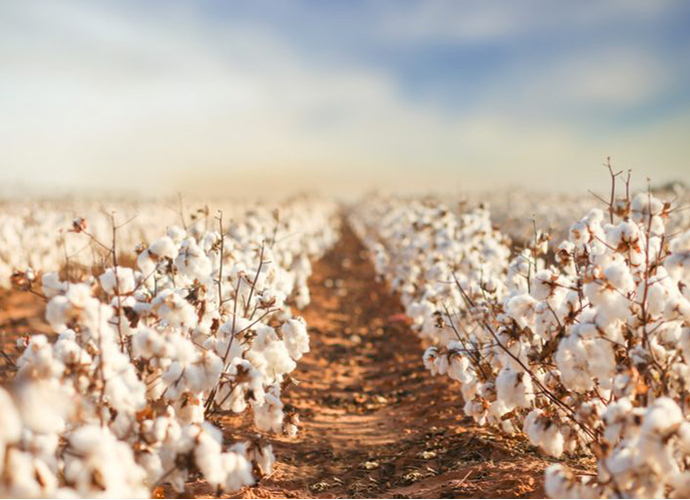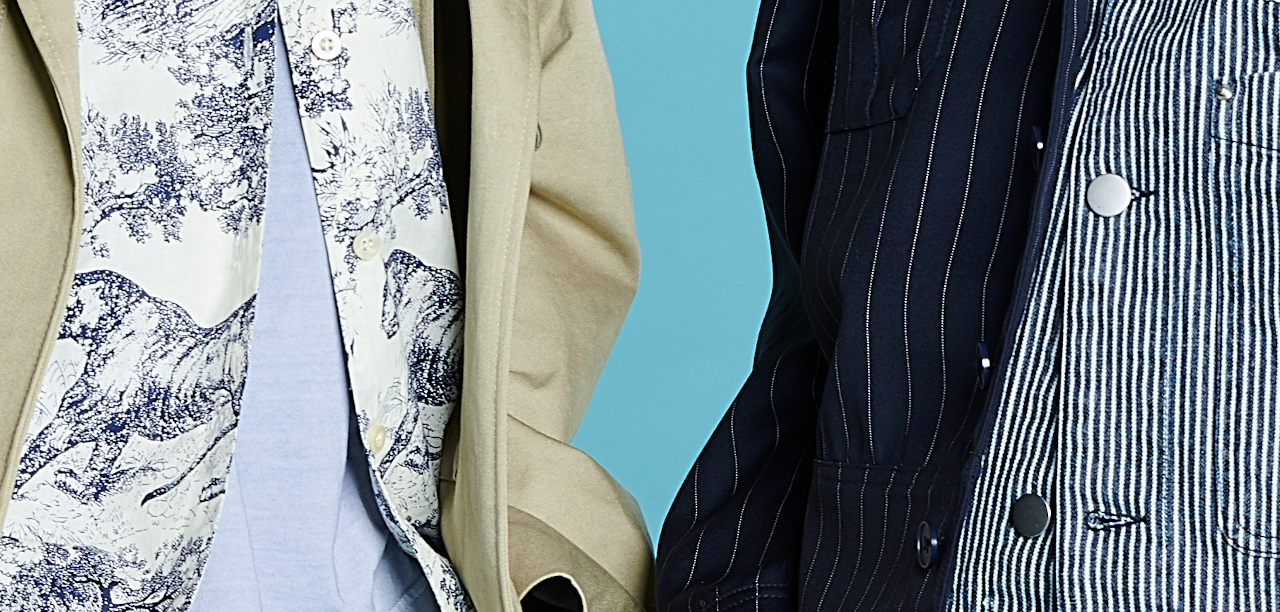Towards a more ‘responsible’ fashion
Fast-fashion – a reference to that part of the fashion industry which can quickly and cheaply manufacture currently trending styles – is the second most polluting industry on Earth. A pair of jeans can travel up to 65,000 km before reaching the store shelves; this is eleven times the distance between Paris and New York. The statistics are shocking and the fashion world is starting to realise that they have to change. A good number of brands are challenging their own production and distribution systems in order to mount a response to this situation.
How can we make the textile trade greener, at least more responsible and fair. We’ll look at four potential approaches here. First is reduction of the carbon footprint. A second approach is to use fabrics that have less of an impact on our planet. A third is up-cycling. A fourth is relocation of manufacturing. These are some of the many efforts we can all make.
Reducing carbon output.
FAGUO’s company motto is to ‘engage our generation against global warming’. Despite being part of the polluting fashion sector, FAGUO is committed and focussed on trying to limit its ecological impact. They measure and reduce the carbon dioxide emissions associated with their production. It is effective – production of the average pair of FAGUO jeans outputs 6kg of CO2 versus 25kg for the garment average. That’s not all - FAGUO also plants one tree for every item it sells which, during its lifetime, can offset more than 1000 kg of CO2 emissions.
Less polluting raw materials
Designers have a choice of textiles and we can favour the less polluting ones. For example, it is better to use organic cotton over conventional cotton. Organic cotton is grown using far less chemicals and water. In the same vein, it is better to manufacture garments using linen, hemp, alpaca polyester, nylon, leather or even silk. We see a growing number of designers using these textiles in their collections – Homecore, Casual Friday, Nudie, Jagvi …). The innovation in the field of textiles is remarkable, with fabric being made from waste byproducts of other industries such as potato starch, algae and even spider silk.
Upcycling of old clothes
The short lifespan of many fashion garments is a blemish on the industry. Most of our no longer loved clothes will end up in an incinerator. The ethos of upcycling is to give them a second life instead. Second hand / thrift stores have flourished as consumers see upcycled clothing as a more ethical way to dress. Designers are also deconstructing and reconstructing old clothes into new ones – this is the fashion of the recoverable. Some brands base entire collections on this approach (Overlord / Homecore ). At an extreme, recent fashion shows have made the statement louder and featured garments made of reused plastic bags.
Relocating manufacturing
France, and other countries, have seen a return to a more local production model. A movement has begun. The France Terre Textile label is a collective of 150 French manufacturers who have signed up to the Fashion Pact to commit to having at least 75% of their production operations on French soil with high environmental standards. They sent a video to President Emmanuel Macron to remind him that there is a strong, ethical fashion industry already in his territory. The ‘Made in France’ label is now worn as a true badge of honour as brands locate or relocate their production to France. The brands Mont Saint Michel, Royal Mer, Coltesse, Northhill produce a good part of their collections in France.
To conclude, the fashion industry is far from perfect, but realisation is dawning and change is coming. We are seeing brands make real efforts to reduce their environmental impact and their positive practices will inevitably filter throughout the industry.
At Drimi.men, our contribution is to do more with less, to discourage unnecessary over consumption. This aim is captured in our foundational concept ‘1 garment, 3 silhouettes’. The same item of clothing can have several lives and we don’t see it necessary to buy more, rather to wear the same things, just differently. Of course, we also remain vigilant about our choice of partner brands. We will always keep them close and the selection small so as to allow us to focus on quality, creativity and responsibility.
Credits :
Solène Derniaux







 Free delivery
Free delivery Free return
Free return Free delivery in Paris
Free delivery in Paris  Secure payment
Secure payment Contact us
Contact us
